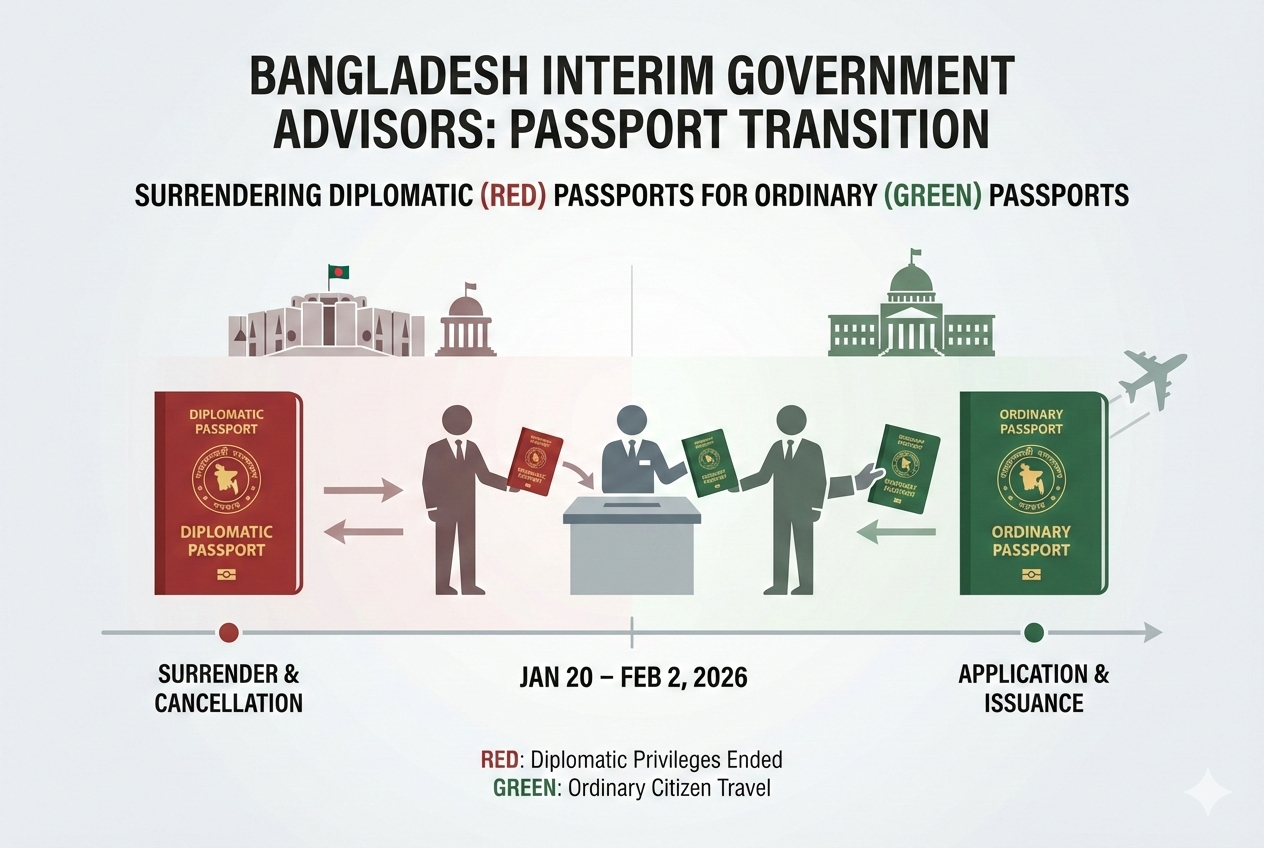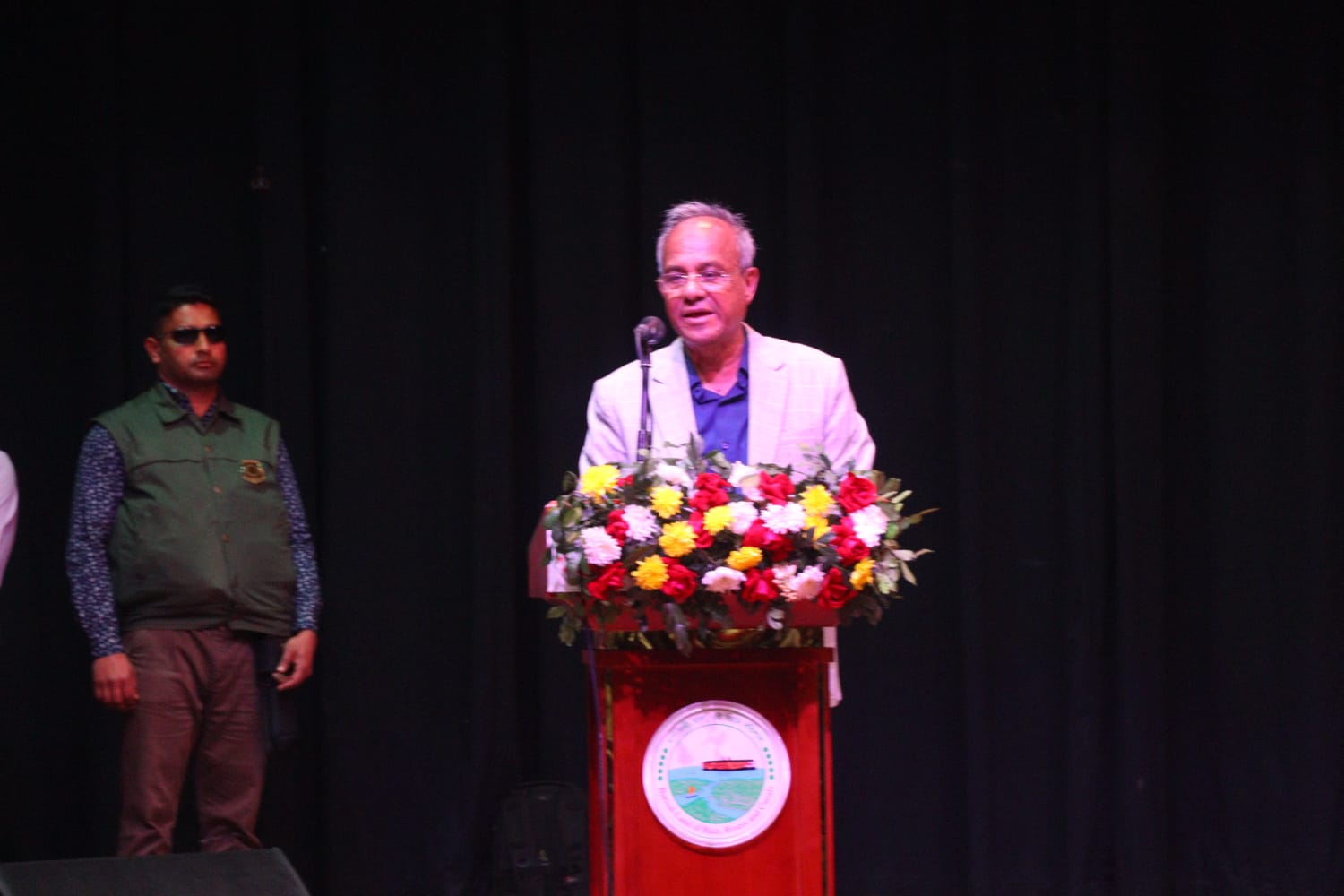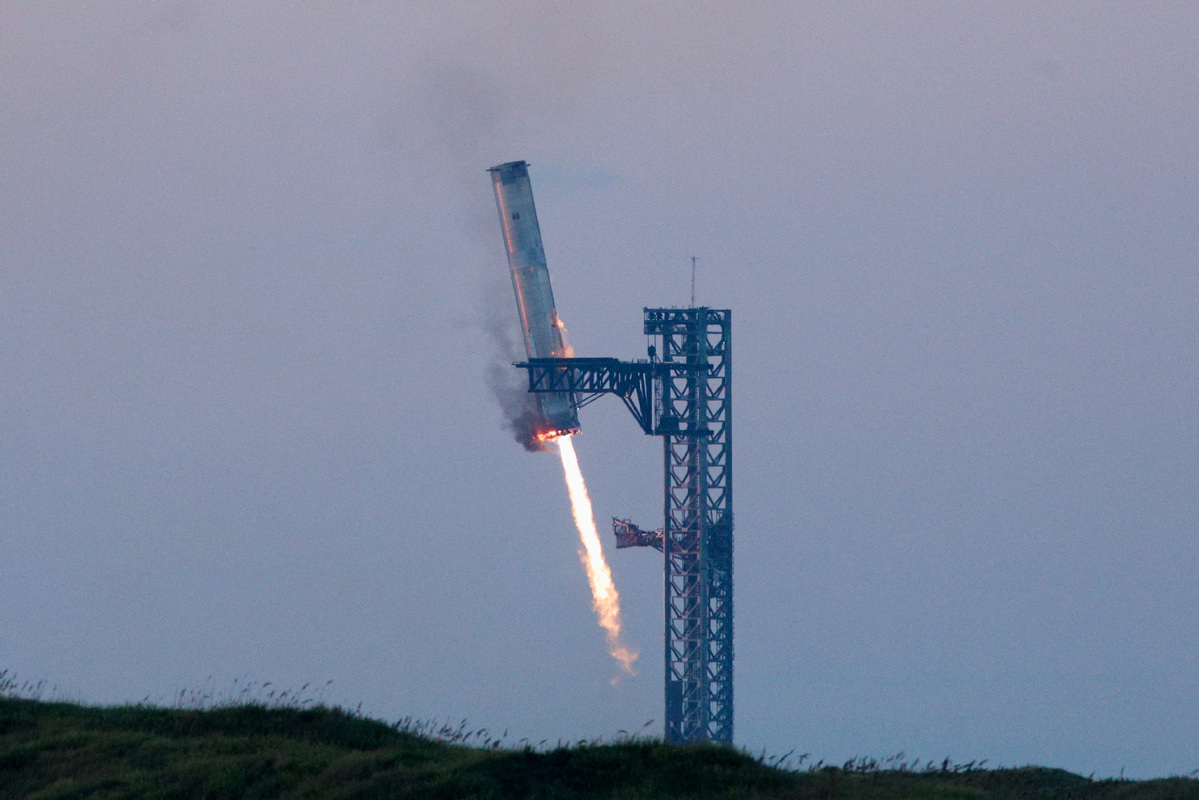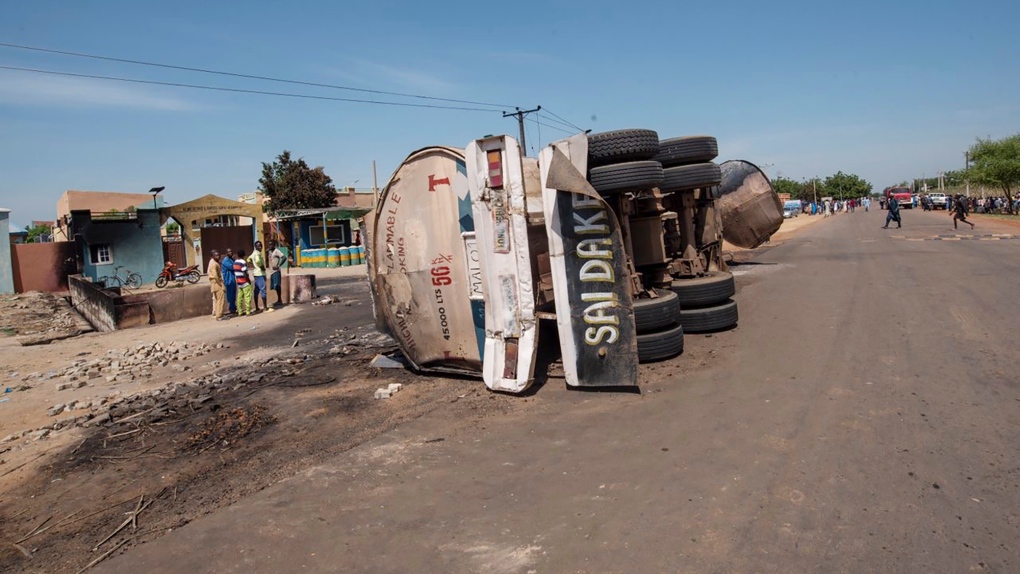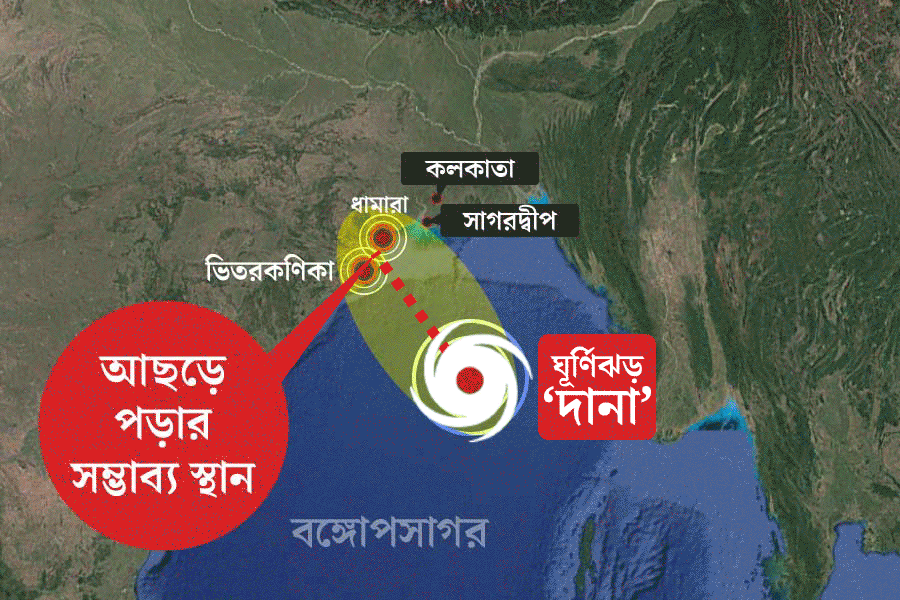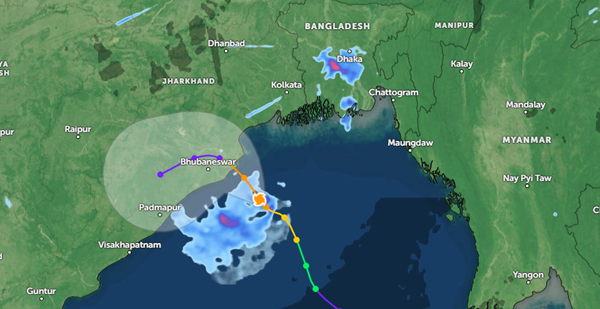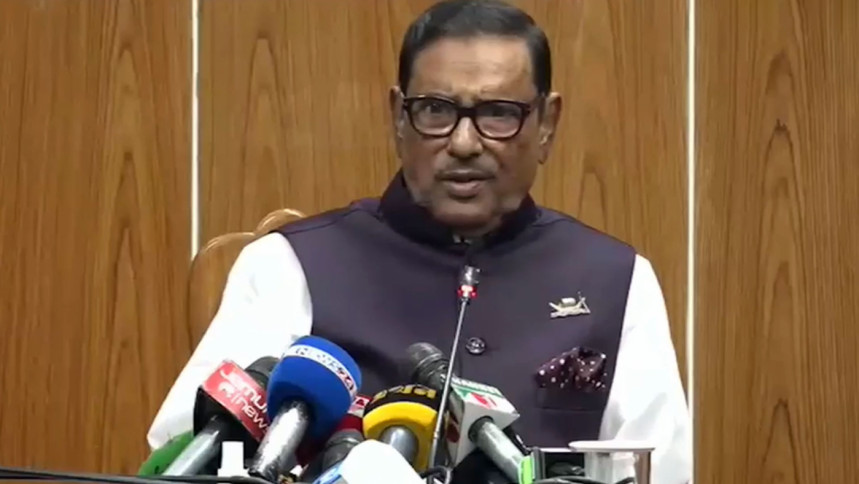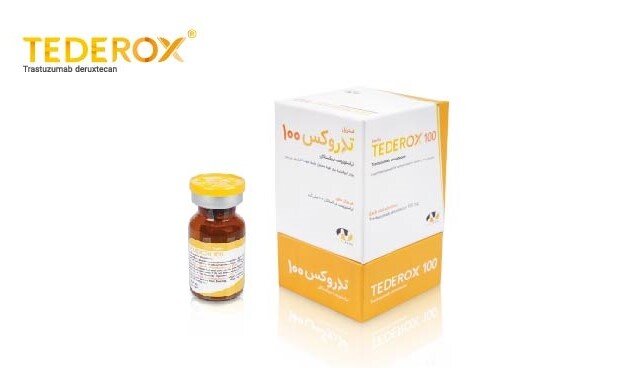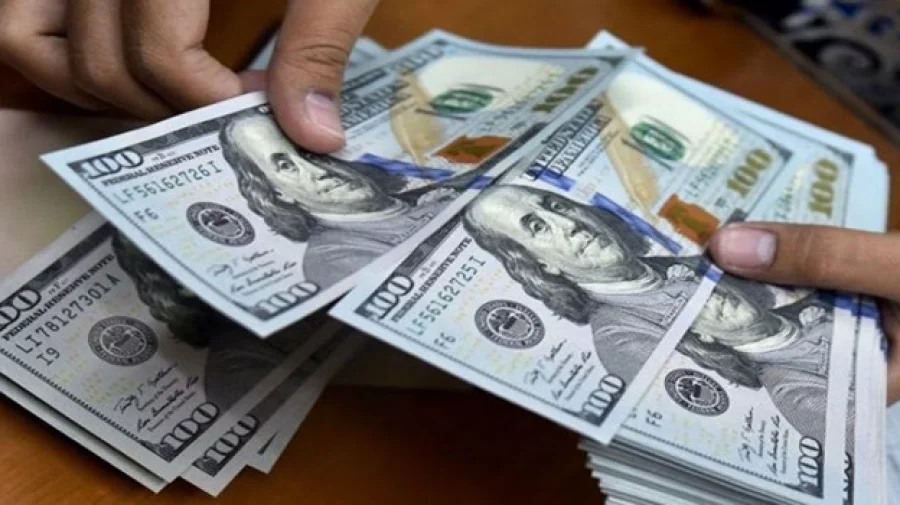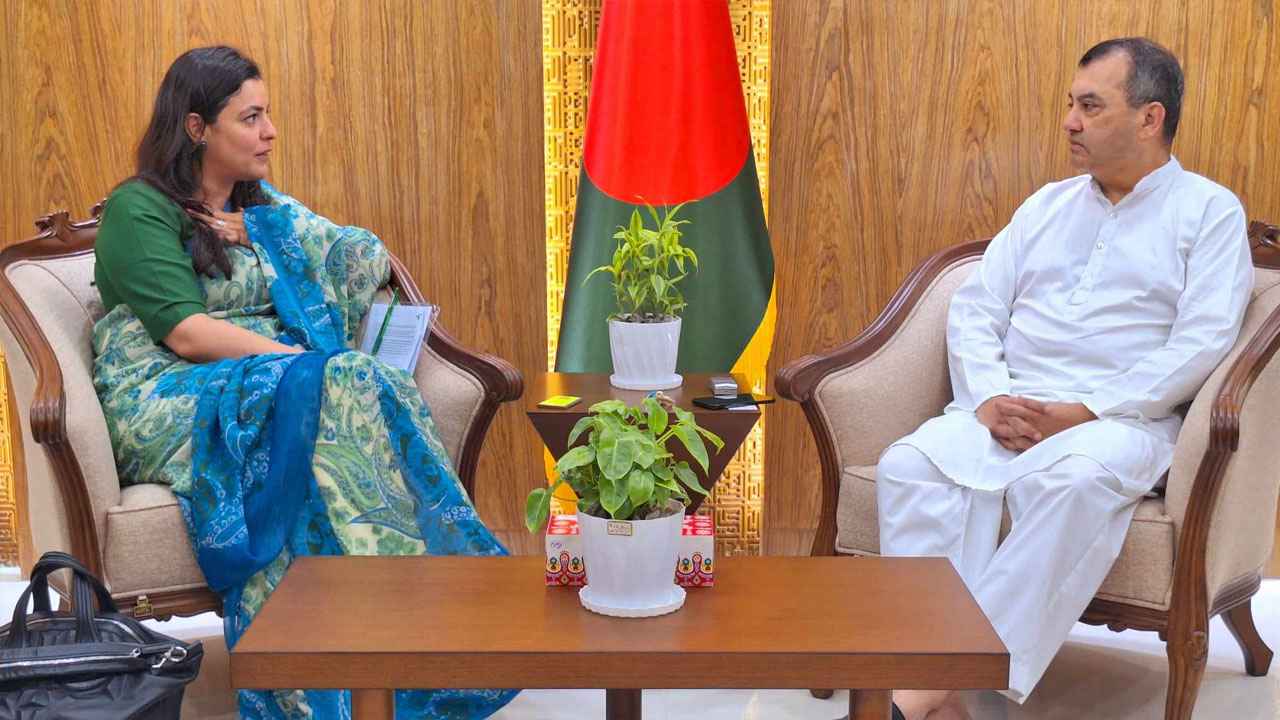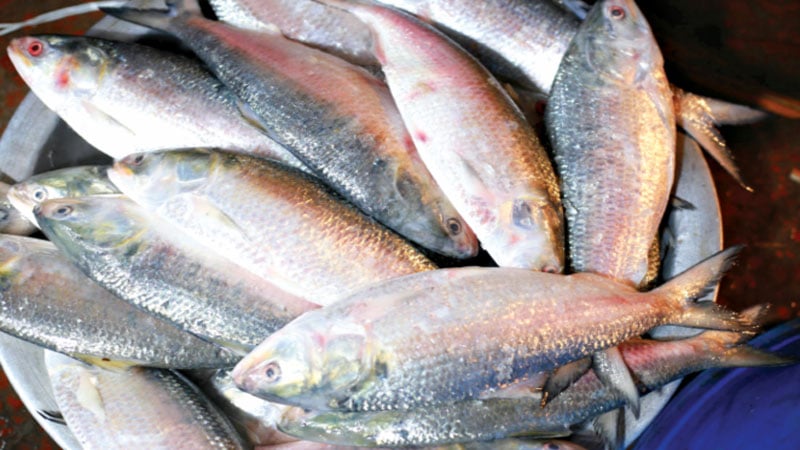
There is a haze in the southern hilsa market regarding exports to India. Exporters have not been buying hilsa since last Thursday, the day after exports began. They claim that they are losing money by buying at high prices and exporting at low prices. Besides, traders there are not interested in buying hilsa as there is enough hilsa in the Kolkata market.
Meanwhile, as exporters did not buy hilsa, the wholesale price fell by Tk 3,000 to Tk 5,000 per maund on Friday. However, this has not affected the retail market. As before, the price of hilsa is out of reach of the common man.
It is learned that the government has decided to export 1,200 tons of hilsa to India on the occasion of Durga Puja. The Ministry of Commerce has set the export price at 12.5 US dollars per kg or 1,525 taka. 37 companies have been given permission to export. The export will have to be done between September 17 and October 5. According to information provided by traders, since the beginning of the current season, the price has been out of reach of the general public due to the lack of sufficient hilsa in the sea and rivers. The wholesale price of exportable (more than 600 grams) hilsa is more than 2,000 taka. If it weighs one kg or more, its price is 2,200 to 2,500 taka. If the cost of packing the fish for export and transporting it to Benapole is added, the cost increases by 100 to 130 taka per kg. As a result, exporting at the price of 1,525 taka per kg set by the Ministry of Commerce will result in a big loss. For this reason, the companies that have been granted export permission are not interested in exporting hilsa.
However, several other sources have alleged that traders have smuggled enough hilsa to India before the season starts. Due to this, there is now more hilsa in the Indian market than in this country. This has affected exports.
Four companies in the Barisal Port Road area have received export permits. Among them, Mahima Enterprises Manager Babar Ali told that the traders who buy hilsa from Barisal and send it to exporters have been in trouble for two days. The market price is much higher than the export price. On the other hand, the price in the Indian market is lower because they have their own hilsa. Indian importers are also not showing interest in buying hilsa. Due to this, most of the companies that have received permits have stopped exporting. Therefore, their representatives have not been buying hilsa in the area since Thursday.
Several other traders on Port Road said that companies that had export permits did not buy hilsa on Thursday and Friday. The same information was also received from Patharghata in Barguna, the country's second largest port.
Kamal Hossain, a representative of Pabna's Seven Star Fishing Processing Corporation, which has received export permits, said that after waiting in Benapole for two days, their two trucks loaded with hilsa were sold in Jessore on Friday. His company is not buying hilsa from Mokam as exports have been stopped.
Abbas Uddin, general secretary of the Wholesalers Association, said that traders there used to buy hilsa and supply it to export companies. Now they are sending the fish to the domestic market.
Meanwhile, the price of hilsa increased on the first day of exports on Wednesday. However, traders in Mokam confirmed that the price decreased slightly on Friday as exporters did not buy.
At the Port Road wholesale market in Barisal, the price of 700 to 900 gram weight was Tk 1,880 per kg on Friday, which was Tk 2,000 on Wednesday, the first day of exports. One kilogram to one and a half kilogram size was sold for Tk 2,150 on Friday. The price of this size hilsa has decreased by Tk 50 per kg compared to Wednesday.
Zahirul Islam Akand, Senior Assistant Director of the Barisal Division of the Fisheries Department, said that the amount of Hilsa catch this year is visibly much less, which is why the price has been abnormal since the beginning of the season.
He said that to ensure the safe reproduction of mother hilsa, a ban is imposed on hilsa harvesting for 22 days every year between the new moon and full moon of Ashwin. Accordingly, the ban may begin in the first week of October. The start of the ban will end the full season of hilsa this year.



